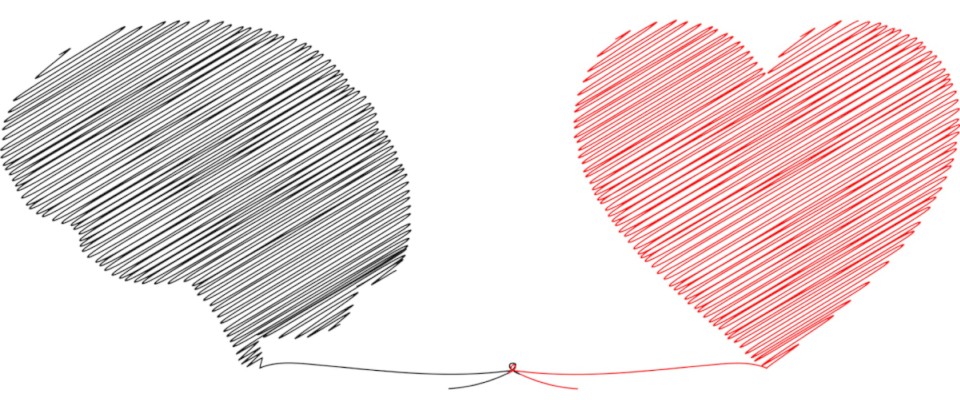In this post, I explore how thresholds can impact incentives, exerting a motivational force on our behavior.
TL;DR — human behaviors are closely linked to signal detection and decision making thresholds. As you become more aware of thresholds, and how they create a leveraging influence on behavior and decision making, you can choose to work around some of the downsides.
On the upside, thresholds provide us with motivation to act, both when they are met—like when someone working in air traffic control registers two planes coming too close for comfort—and when we believe an action can move a critical value over or under a threshold.
A pretty challenging example I am personally familiar with is how this can play out in the scientific research context: someone runs an experiment, and discovers that if the data had only turned out slightly differently it (the experiment) would have “worked”. In that case, the results could be used to demonstrate an effect in a publication, or to ask for further money in a grant application. Maybe you can imagine knowing that if one could reach this goal by removing a single datapoint, it can be tempting to consider doing just that…
The reason I sense the link between thresholds and incentives and motivation matters to me is based on this question:
“When and how do I feel that exerting effort is particularly useful?” And of equal importance on the side of understanding other people’s choices: whenever we observe behavior and we are not aware that a threshold is “in play”, we can easily misinterpret the intent with which people are pushing as coming out of a somewhat different motivation or energy.
I am thinking of how in democratic elections much of the attention—paid by the media as well as efforts by partisan actors to make changes to voting laws—seems to be focused on situations close to the magic threshold of “winning” in swing states. Here a very small difference, sometimes as little as swaying 0.1% of the electorate one way or the other, can lead to tremendous differences in outcomes. It’s maybe one of the most salient and emotionally evocative ways to describe the threshold effect.
If I then read about how in such a state new measures are proposed that would give one side an edge, I may incorrectly believe that the reason for such measures comes out of a more general thinking, rather than being incredibly leveraged by the threshold effect. From a different perspective on the same reality, the force is as much a consequence of just how much there is to gain by pushing just a little harder. And this can be especially difficult to see when people on both sides of the threshold are pushing ever more fervently…
The reason to think about this more generally, for me, is not to demonize thresholds. They are a naturally occurring phenomenon, and they’re also often dead useful. Take allowing someone to work as a pilot, flying with hundreds of people on board, or for someone to perform complicated surgeries… It would seem virtually impossible to use a sliding scale of skill, and have people perform some tasks (some of the time) and not others, depending on some score. Instead, people often are faced with having to make binary decisions: do we want this person to perform a task or not.
Some situations may also benefit from making behavior less binary. And if our goal is to increase the likelihood of people exerting effort across the spectrum—for instance in situations like education or applying oneself at work, including putting effort into learning new skills or seeking a job in the first place—it may be critically important that people experience a somewhat stable and predictable gradient along a reward outcome function, such that an increment in effort is, at least with some decent probability, rewarded, even if one finds oneself far from any remaining threshold.
Questions I have found useful around situations in which my behavior seems to upset others or in which I have a hard time understanding others’ intentions are:
- Is a threshold at play in this situation?
- Would I (or another person) behave the same way if it wasn’t for the threshold?
- What is “at stake”, and how does the experience of the threshold warp the value structure of whoever is pushing against the threshold?
